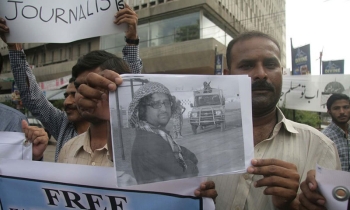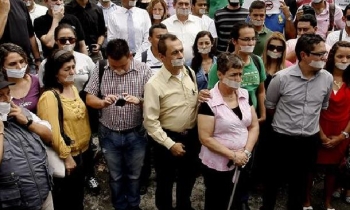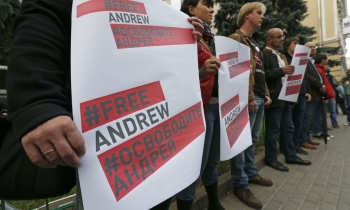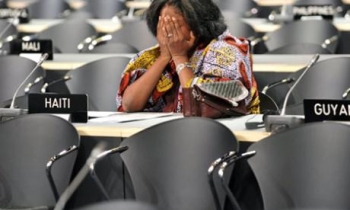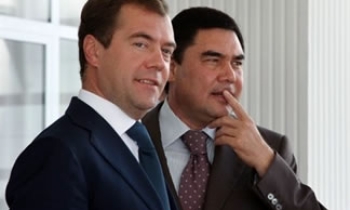Legal action has been taken by Portugal’s prosecutor-general Fernando Pinto Monteiro against Lisbon-based weekly Sol, its director José Antonio Saraiva and two of its journalists who allegedly infringed his “credibility, reputation and intellectual property rights.”
The action, in the form of a private prosecution in a civil court on March 10, concerns an article published on the front page of the February 26 edition of Sol by journalists Ana Paula Azevedo and Felicia Cabrita, which alleged that a member of the prosecutor’s cabinet had tipped off suspects in the “Face Oculta” corruption trial that their phones were tapped. Monteiro is demanding 360,000 euros in damages.
“The complaint lodged by Monteiro is incomprehensible and unfounded,” Paris-based press freedom group Reporters sans Frontières (RSF) said. “Although no one individual is directly named in the article, the most senior person in the public prosecutor’s office maintains that the suspicion that the report brings to bear on his institution has damaged him personally and that his photograph in the weekly constitutes a violation of his intellectual property rights.
“In the summons sent to Sol, Monteiro asserts that the question printed on the front page: ‘Who warned the suspects that their phones were being tapped?’ incites the public to believe it was Monteiro himself who was responsible. While Monteiro is of course free to interpret events as he thinks fit, he can only base his conclusions on the facts. On that basis he therefore cannot demand the sum of 360,000 euros from Sol journalists who at no time incriminated him. The damage is non-existent and the amount of damages requested totally unreasonable.
“We denounce this latest episode in a long history of judicial pressure that Sol has had to contend with since it began covering the ‘Face Oculta’ trial. We are moreover extremely concerned by the statements of the prosecutor’s office in Lisbon, which announced on March 3 that it would be suing the dailies Correio da Manha and Diario de Noticias for violating the confidentiality of investigations in the ‘Face Oculta’ trial.
“It would appear that any investigation of this affair has become impossible and that the justice system itself is opposed to the necessary transparency. The raft of judicial procedures brought against the country’s main newspapers indicates an attempt to censor coverage of a trial, which must not be withheld from public scrutiny.”
Several individuals indicted in the ‘Face Oculta’ trial are close to outgoing Prime Minister Jose Socrates. On August 17, 2010, RSF condemned the record fine obtained by Rui Pedro Soares against Sol for defying a court injunction not to publish details of telephone conversations in which he took part. When the court found against Sol, the weekly, through its lawyers, agreed to an out-of-court settlement to bring an end to pending legal action. The amount agreed, agreed on March 2, was not made public. Nonetheless, the violation of the injunction of non-publication by Sol triggered independent action by the public prosecution. The action has led to the seizure of certain personal effects belonging to Saraiva, including his home. This situation has not yet been resolved.

